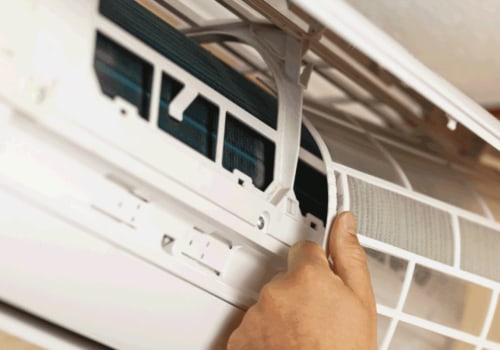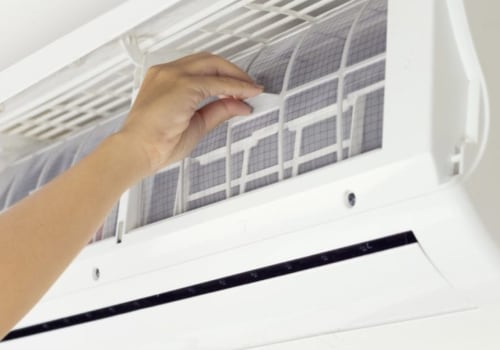If you don't change the filter in your air conditioner, you will soon start to experience the consequences. The air filter is responsible for trapping dust and other contaminants, preventing them from entering the air conditioner and clogging its moving parts. When the filter is clogged, airflow is restricted, creating a strain on the system. Moreover, if the air filter is not changed, the contaminants will go back to the air that everyone in your home breathes, leading to immediate problems such as headaches, itchy eyes or throat, and dizziness.
In the long-term, this can cause respiratory disease, heart disease, or cancer. Not changing your air filters can also increase energy costs, damage expensive equipment, and decrease indoor air quality and personal health. To avoid these issues, it is important to determine which filters you need and replace them every 90 days or 3 months. The filters should have a MERV 16 rating or lower and be installed properly with no missing filter caps or slots. When buying filters in-store, they usually come in white with pleats or ridges to help increase the filter surface area. If you want to trap allergens and spores, you should opt for HEPA (high-energy particulate air) filters.
The Minimum Efficiency Report Value (MERV) rating for an air filter measures how effectively the filter prevents dust and other contaminants from passing through the filter into the air stream. Getting the most value out of your home can be as easy as changing air filters. Homeowners who ignore this task risk serious consequences for their health and their wallet. Therefore, it is important to remember that changing your air filter on a regular basis is essential for keeping your HVAC system running smoothly.



